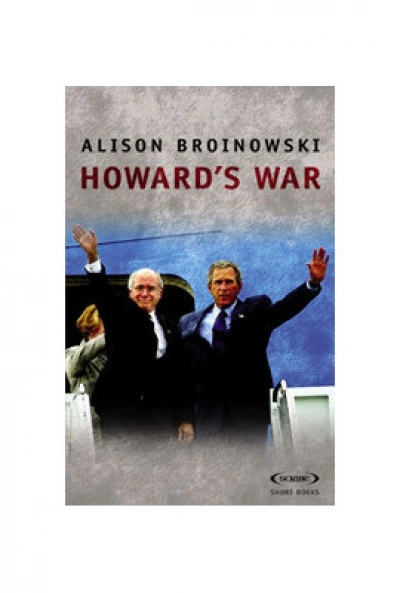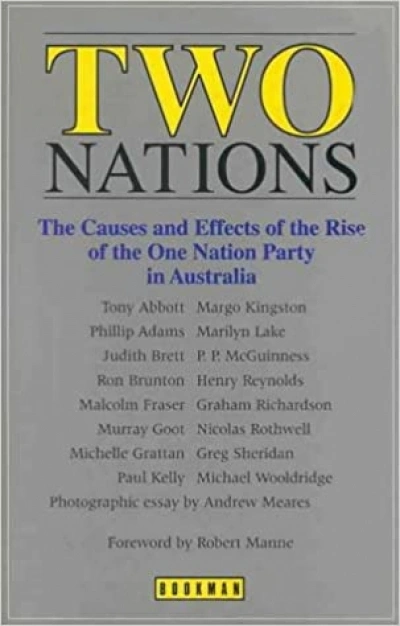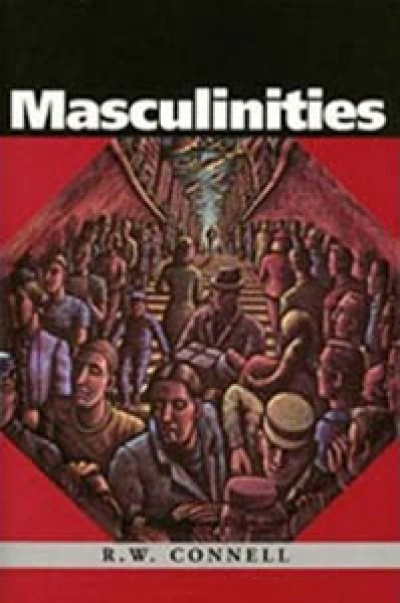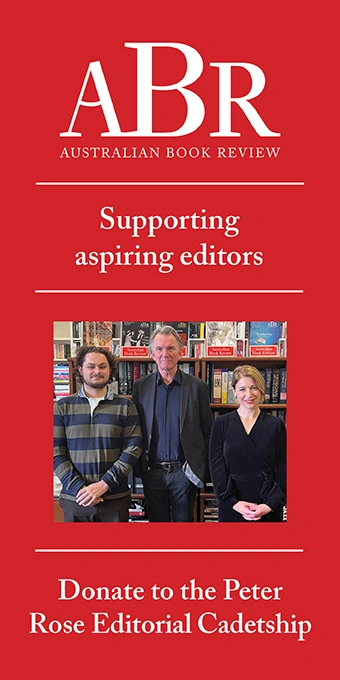Dennis Altman
Common to much Enlightenment and nineteenth century liberal thought was a belief that, as people became better educated and more affluent, so too would there be a corresponding decline of religious beliefs. This was central to the view of those two quintessential ‘modern’ thinkers, Karl Marx and Sigmund Freud, who spoke respectively of ‘the opium of the people’ and of ‘the future of an illusion’. Marx’s views expressed those of large numbers of nineteenth and twentieth century critics: ‘Religion is the sigh of the creature overwhelmed by misfortune, the sentiment of a heartless world, and the soul of soulless conditions.’ Today many sociologists write as if the old fears and/or promises that God is dead were a description of social reality for most people. This secular triumphalism seems to me badly misplaced, except in a relatively few Western countries.
At the beginning of the twenty first century, it appears that religious beliefs have lasted rather better than the idealism - some would claim themselves theological - of either Marx or Freud. Freud’s eschatology, in particular, has remarkable similarities to the dominant myths of Judaeo-Christianity, with the Oedipus complex playing the role of Original Sin in psychoanalytic theory, as Martin Wain has pointed out.
Except in a few countries, the Catholic Church has outlived its sworn enemy, the international communist movement, while fundamentalist Protestantism, Islam, Hinduism and Judaism seem to be on the rise in most parts of the world.(The last battle between communism and Christianity may well be the battle to unify Korea, with many South Korean Christians seeing unification as an opportunity for largescale missionary activity.) While it is probably true that fundamentalism is often an expression of hostility towards various manifestations of ‘modernity’ and ‘Westernisation’, it is also the case that the religious element is far more resilient than most thinkers would have prophesised a century ago.
It is worth noting that, according to figures collected by Time magazine in 2001, Christianity remains the most widespread religion in the current world, with an estimated 1.9 billion adherents in 2000, threequarters of them Catholic. There are an estimated 1.2 billion Muslims, 800 million Hindus and 360 million Buddhists, with much smaller numbers of Sikhs and Jews. These figures omit the vast array of religious beliefs that persist outside the hegemonic religions, or, increasingly, coexist with Christianity and Islam in many parts of the poor world. Both Islam and those classified as ‘nonreligious’ are listed as the fastest growing groups, and Confucianism is not mentioned, a reflection perhaps of confusion as to whether it is better understood as a religious or ethical system. In the contemporary world, Christianity and Islam stand apart as the two major proselytising religions, and the only ones whose adherents are genuinely global and not concentrated among one or two particular countries or ethnic groups. Where they collide - as in Lebanon, the former Yugoslavia and parts of India and Indonesia - the consequences are not infrequently bloody.
In the contemporary world, the most common examples of violence and persecution linked to religion seem to come from the Islamic world, though even to assert this is to risk giving political offence. Indeed, the more that Western governments, led by the US, try to rally support against religious based terrorism, the more they feel obliged to deny the link, to depict those terrorists who claim support from their religious convictions as somehow false believers.
Yet one can deplore attacks on individuals because they appear to hold particular beliefs while retaining the intellectual right to criticise the logic of those beliefs. It is hardly controversial today to point to the extent to which largescale murder was justified as part of the imperial European expansion into the rest of the world through appeals to the Christian mission. Priests and missionaries were often the frontrunners of the imperialist venture, and apologists for the worst sort of barbarity. Islam hardly has a monopoly on links to violence and intolerance - consider the ravages of fundamentalist Hindus, Christians and Jews - but, in this particular moment of world history, there are probably more Muslims who turn to religion to justify attacks on their opponents than practitioners of any other religion. At the same time, we should not forget the recent slaughter of Muslims by Christian Serbs in Bosnia, or by Hindus in Gujarat, or the role of Christians, including priests and nuns, in internecine slaughter in Rwanda. Most fundamentalist believers are willing to condone violence when directed against those they regard as sufficiently sinful, and Christianity has a long history of extraordinary barbarism.
I want to ask two questions, beginning with this apparent persistence of religion despite huge rises in affluence and education. This is an historical and sociological question, but it overlaps with a more profoundly personal and philosophic one, namely, how can people who appear to agree on much in the social and political sphere disagree profoundly about the basis for their beliefs? There are many people whose commitment to social justice stems from deepseated religious beliefs, but there are equally many, of whom I am one, who share such commitments without any religious foundation or with an instinctive antipathy to all forms of organised religion.
... (read more)Never far from one’s mind these days, the events of September 11, 2001, and their direct aftermath in Afghanistan and elsewhere, had to be prominent in this month’s issue of ABR, such is their complex resonance and ubiquitous iconography. To complement Morag Fraser’s essay in this issue on the consequences of ‘September 11’ for civic ...
The New York City Opera could not have known when they programmed a revival of John Philip Souza’s The Glass Blower just how appropriate it would be post-September 11.
... (read more)Of all major South-East Asian nations, the Philippines is least known in Australia, and rarely studied, even in our universities. The material and historical differences between the two countries seem to have blinded us to the interests our two countries share. Australia did not support the long Filipino struggle for independence, as with Indonesia’s, nor actively oppose it, as with Vietnam’s. Nonetheless, both countries were part of SEATO and supported US involvement in Indo-China. Within ASEAN, the Philippines has often been the country most sympathetic to greater links with Australia, and the Philippines is regarded as a high-priority country for development assistance by Ausaid.
... (read more)Two Nations: The causes and effects of the rise of the One Nation Party in Australia edited by Robert Manne
From Denis Altman
Dear Editor,
I suspect I’m the ‘(male) baby boomer academic who should have known better’ referred to by Delia Falconer in her piece in the Gangland symposium (ABR, November 1997).
... (read more)Donald Horne: critics and negotiators
The general idea of ‘public intellectual life’ is more useful than the particular idea of’ the public intellectual’. ‘Public intellectual life’ is a public manifestation of what I called in The Public Culture ‘the critics’ culture’ of a liberal-democratic state. (It is made possible by the belief in a questioning approach to existence as a central force in society.) However only parts of this critical activity emerge into the public culture; it is these parts that might be thought of as its ‘public intellectual life’. They provide a kind of public acclimatisation society for new ideas. All kinds of people may play a part in working up these ideas down there in the subterranean passages of the critics’ culture and others may take over the business of negotiating them into the public sphere. Many of these ‘negotiators’ are paid public performers in the news and entertainment industries. However some of the ‘critics’ also have a capacity to barge in directly – but only if they have a desire to appeal to people’s imaginations, and the talent to do so. These are the ‘public intellectuals’. Some of them may be one-offs. Some become regulars. They become influential if they articulate ideas that are already in the minds of some of ‘the public’ anyway, if in a more diffuse state. They get nowhere if they don’t. Two of my books, The Lucky Country and Death of the Lucky Country, were prime examples of appealing to interests of which readers were already becoming aware.
... (read more)







